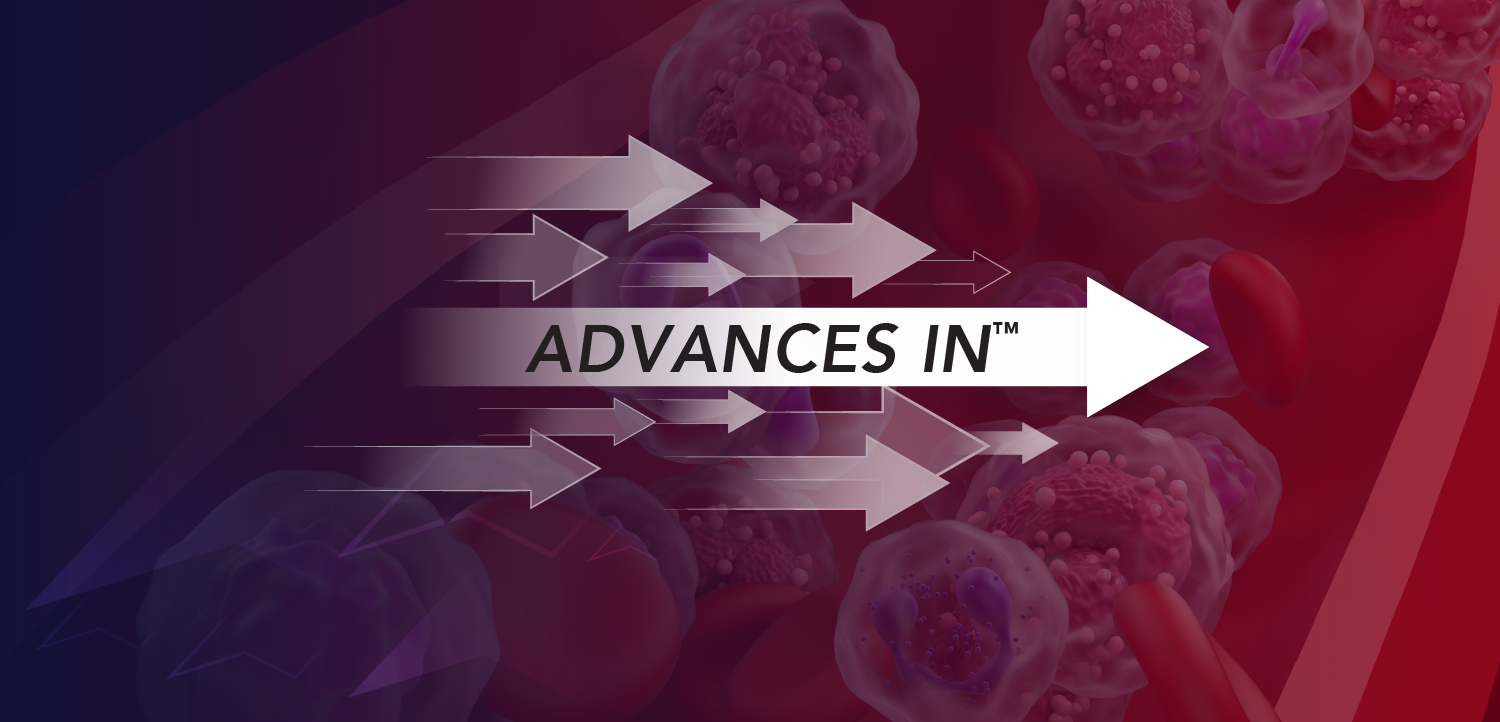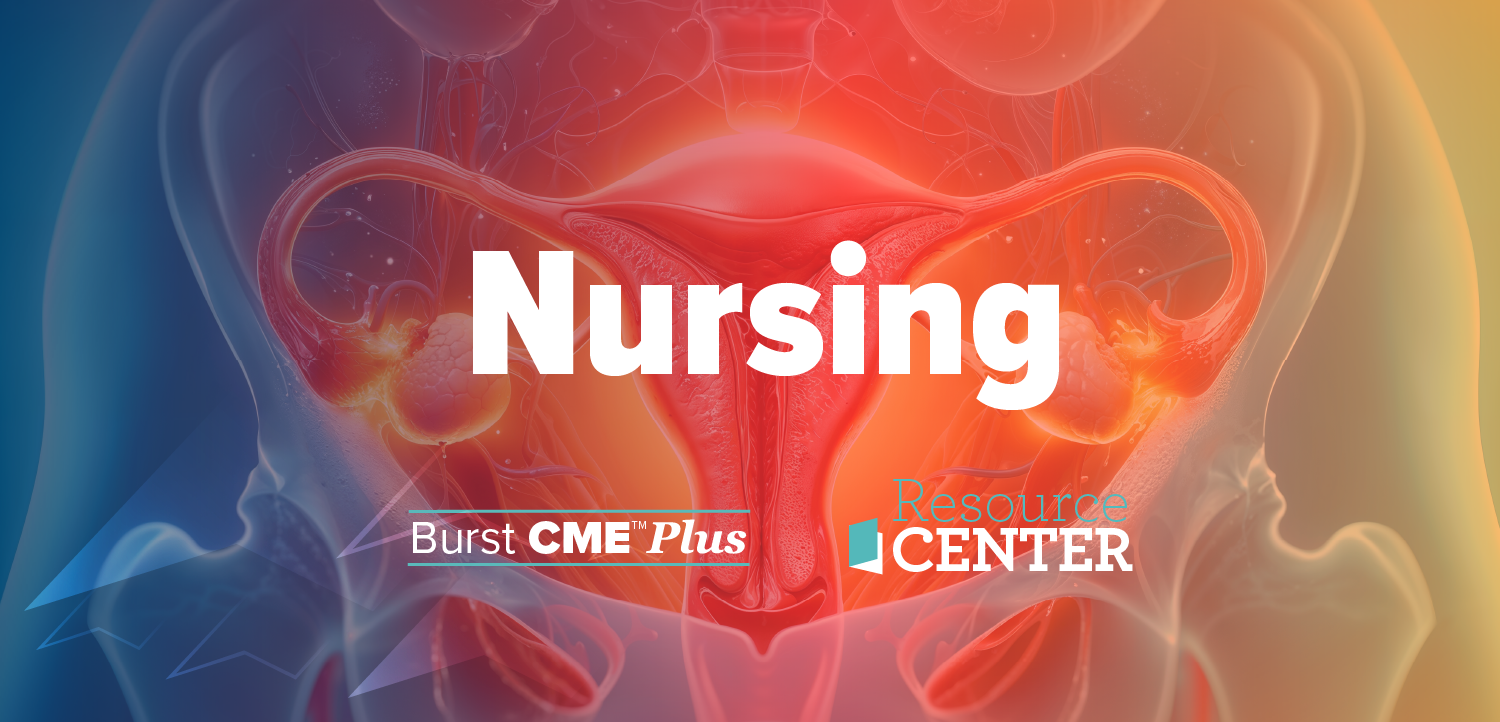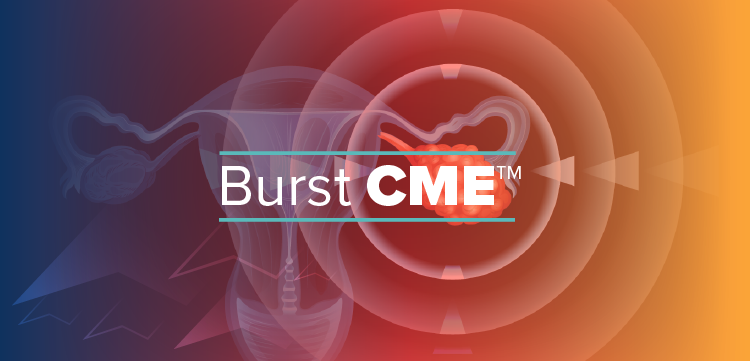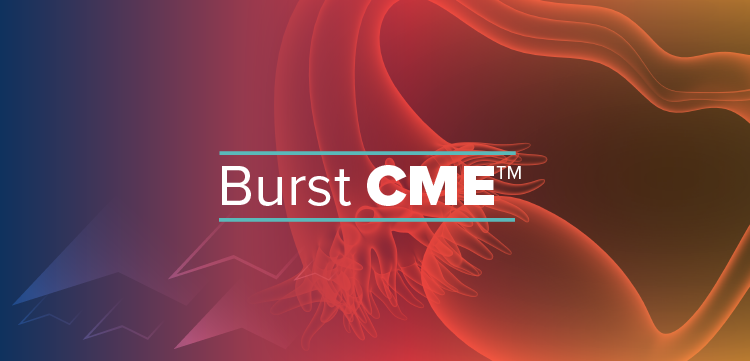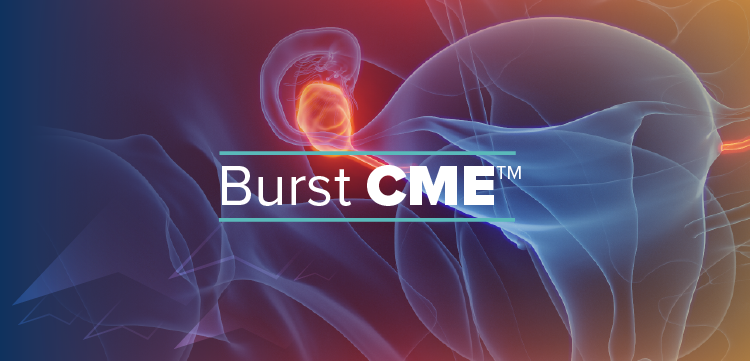
Atrium Health sees early success with Nuance DAX Copilot
Doctors say they are saving time and seeing less mental strain with the AI-powered documentation tool.
With more attention being focused on reducing administrative headaches for doctors, Atrium Health found encouraging results in tests of an AI-powered documentation tool.
Atrium became the first health system to widely test the
Matthew Anderson, senior vice president and medical director of virtual health for Advocate Health and Atrium Health's senior medical director for primary care, says he was pleased by the results of a pilot run with primary care physicians. (Atrium Health is part of Advocate Health, the large system created by
“We have a lot of administrative tasks and burnout that are impacting our primary care clinicians, and others as well,” Anderson tells Chief Healthcare Executive® in a recent interview. “So we were looking for a solution to help reduce that as much as possible. And that's really what DAX Copilot has done for us.”
Atrium initially tested the Copilot in a pilot program with 125 primary care physicians across the southeast. On average, Atrium’s program found the technology helped physicians save 30 to 40 minutes per day. Anderson says he was “pleasantly surprised” to see how much time doctors said they had saved.
“I was optimistic that we'd see significant time savings,” Anderson says. “I'm not sure that I was expecting it to be quite that much.”
Anderson says it’s not just about reducing documentation time. The tool appears to be helping doctors reduce the stress of juggling the tasks of listening to the patient, trying to determine a possible diagnosis and documenting the encounter.
In addition to saving time, Anderson says the technology is “really reducing the mental strain that goes into that, trying to document, trying to listen to the patient, trying to problem solve all at the same time.”
In a survey of Atrium physicians who have used the Copilot, 92% said it was easy to use, and 84% said it improved their documentation experience. More than two-thirds (68%) said it improved their experience providing care.
Anderson says that he may have to vocalize some notes to be sure they are captured, but he touted the quality of the DAX Copilot’s summaries of the conversations.
“I walk out 15 seconds later and I have a draft,” Anderson says. “And so that draft is there and it turns me from being a writer of a note into an editor of a note. And that's again, not only a time saver, but a mental strain saver on that as well.”
The DAX Copilot eliminates the extraneous conversation, such as a doctor asking a patient about a recent vacation, and includes only the clinically relevant aspects of the encounter. Anderson says the tool is “pretty effective” at removing the banter and focusing on the important health-related aspects of the conversation.
Atrium Health has been expanding their testing of the DAX Copilot, and is now using it in other areas, including OB-GYN, urgent care and geriatrics.
“Part of us being an academic learning health system is doing things well, studying them, sharing them with others, and part of us being the third largest nonprofit health system in the country, is doing things at scale,” Anderson says.
He didn’t spell out a specific timetable on expanding use of the Copilot throughout the organization. While Atrium is examining the results rigorously and is working with Nuance, Anderson says the hope is to expand its usage in the not-too-distant future. He says certain specialties are likely to require some modifications.
“I don't expect that it's going to be a long time based on the conversations that we've had, but they are tweaking it for the various specialties to make sure that it works,” he says.
“Our intent all along has been to identify a way to scale this so that everybody who wants it can have it, and we're working through that right now,” Anderson says.
Anderson says he’s also happy that Atrium was the first health system to test the DAX Copilot so widely, saying it reflects “the culture that we have,” he says.
Doctors have routinely cited
Anderson says he hopes utilizing the Copilot is a step to easing burdens on doctors and empowering them to do their best for their patients.
“We do this to make the lives of our clinicians better,” Anderson says. “We do it so that they can focus on patients and give them a better patient experience. And we do it because we're about helping to innovate and make sure that other health systems and other patients benefit as well and add to the literature on that.”








